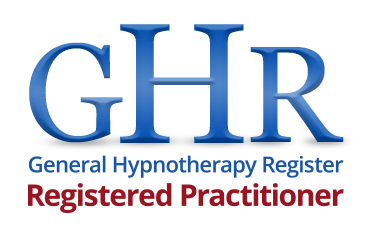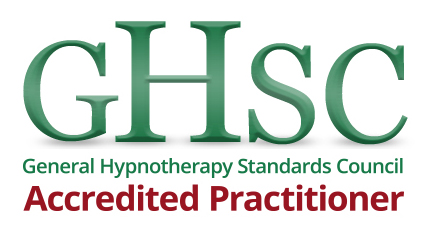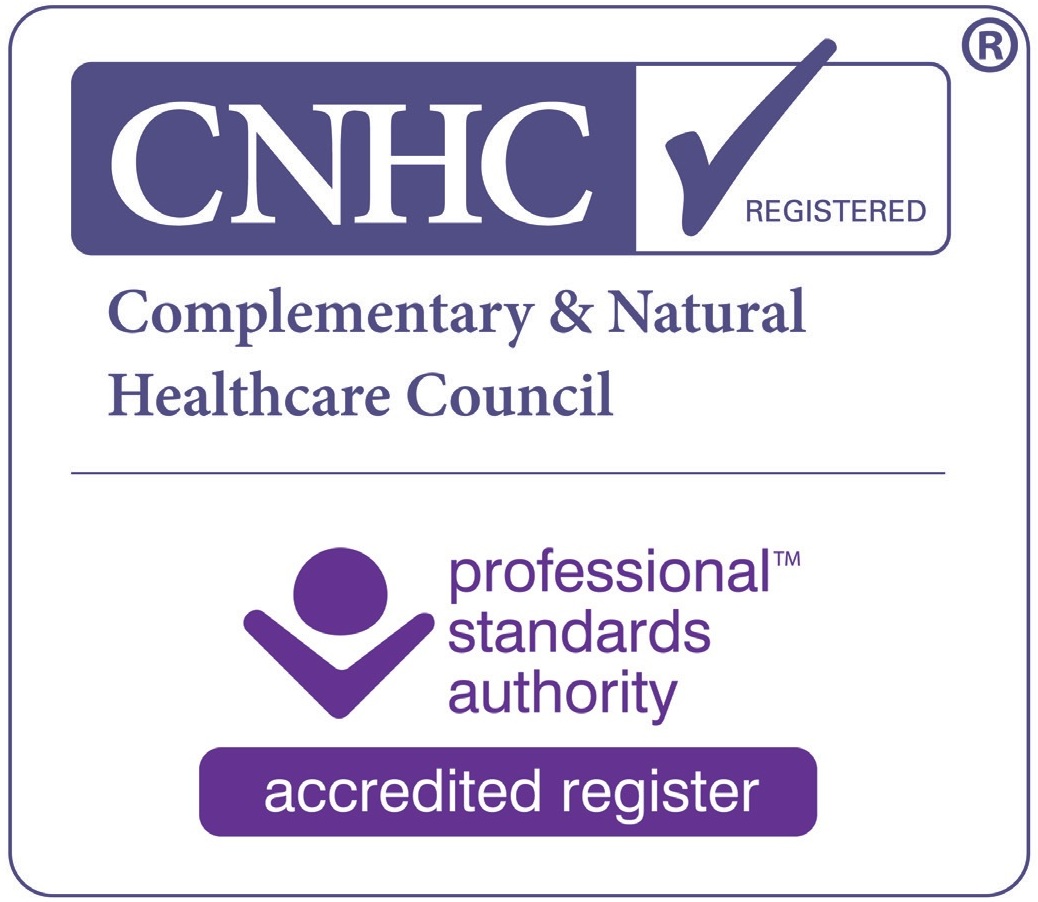-
Empowering and Enabling YOU to make positive changes in your life and achieve your goals and aspirations
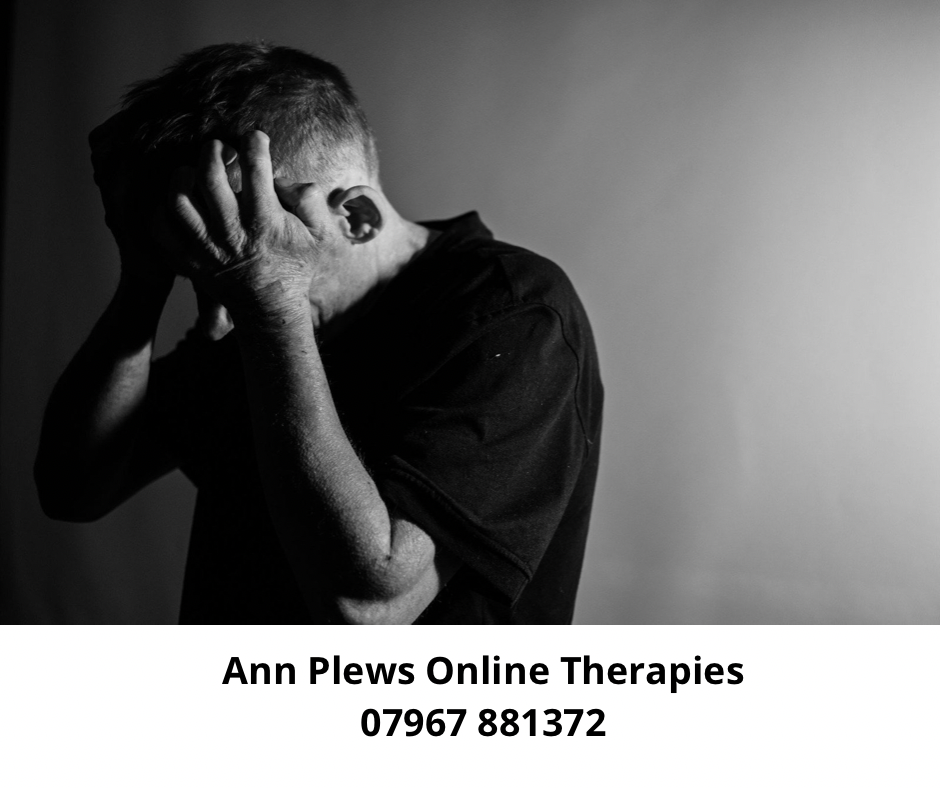
Anxiety is a natural response that helps ups to avoid dangerous situations and motivates us to solve everyday problems. Anxiety is also a feeling of worry, fear and uneasiness. Anxiety can be debilitating and can affect the way we feel and how we behave. It can even manifest in a variety of ways:physical, behavioural and psychological symptoms. It can also give a fight or flight response which makes an individual irrational.
Physical Symptoms: Palpitations, chest pain, rapid heartbeat, flushing, hyperventilation, shortness of breath, dizziness, headache, sweating, tingling & numbness, choking, dry mouth, nausea, vomiting, urinary frequency, diarrhoea, muscle aches & pains, etc.
Behavioural Symptoms: Avoidance of situations. repetitive compulsive behaviour, distress in situations, urges to escape situations that cause discomfort
Psychological Symptoms: unrealistic/excessive fear, mind racing or going blank, irritability, decreased concentration, confusion, difficulty making decisions, restlessness or feeling on edge, nervousness, tiredness, sleep disturbance, vivid dreams, unwanted, unpleasant repetitive thoughts.
Examples of situation that makes people anxious are:
Types of Anxiety Disorders:
Panic attack is an intense feeling of anxiety. Physical symptoms include palpitations, shaking, sweating, nausea, breathlessness, dizziness, insomnia, increase heart rate, high blood pressure. The feelings are extreme that some people believe they are having a heart attack.
Hypnotherapy can help relieve Anxiety, Stress and Panic attacks.
Useful links:
Anxiety can be debilitating and can affect the way we feel, how we behave, and can even manifest physical symptoms. Hypnotherapy can help manage anxiety and panic attacks. Together you can take back control.
Sleeping Disorders
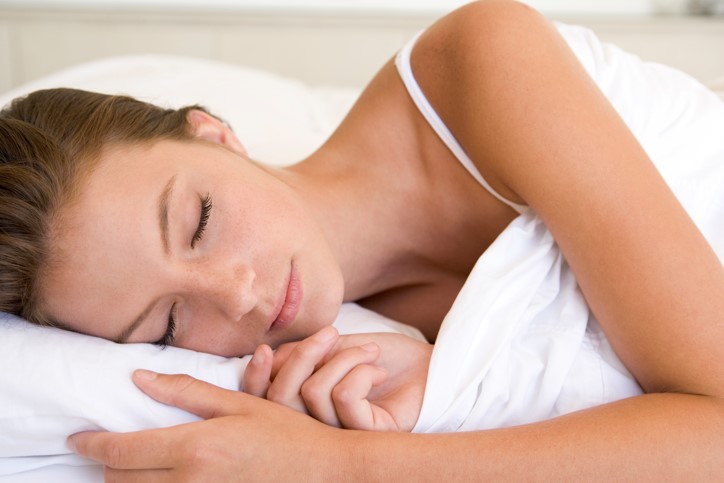
According to Rachel Moss, Lifestyle writer of Huffington Post UK, If you struggle to get out of bed in the morning, you’re not alone.
Almost half of British women (43%) say they are not getting enough sleep. In fact, 45% do not feel well-rested when they wake up.
The results are part of the ‘Reclaim Your Sleep’ survey of 4,100 UK adults, conducted by YouGov and supported by the Sleep Apnoea Trust Association (SATA).
Insomnia is the most common type of Sleep Disorder. It is the loss of the ability to sleep and is caused by a wide variety of things including stress, jet lag, a health condition, the medications you take, or even the amount of coffee you drink. Insomnia can also result from mental health conditions such as anxiety and depression.
Hypnotherapy can help overcome sleep disorders.
Useful Links:

According to Psychologist Anywhere Anytime, Confidence is the trust or faith that you have in yourself and your abilities. Realistic feelings of confidence and positive self-esteem affect how you think and act, how you feel about others, and how successful you are in life. Having self-confidence does not mean that you can do everything. Self-confident people have expectations that are realistic. Even when some of their expectations are not met, they continue to be positive and to accept themselves.
According to NHS Choices, Self-esteem is the opinion we have of ourselves. When we have healthy self-esteem, we tend to feel positive about ourselves and about life in general. It makes us able to deal with life’s ups and downs better.
When our self-esteem is low, we tend to see ourselves and our life in a more negative and critical light. We also feel less able to take on the challenges life throws at us.
Difficult life events, such as serious illness, Stress or a bereavement, can have a negative effect on self-esteem.
Ways to improve low self-esteem:
Recognise what you are good at
Build positive relationships.
Be kind to yourself
Learn to be assertive
Start saying 'no'
Give yourself a challenge.
Hypnotherapy can help boost Self Confidence and Self-Esteem.
Useful Links:

Weight Control
There are many reasons why individuals want to reduce weight. This could be: to live longer, feel fitter and healthier, have more energy, look younger, look and feel good and confident about yourself, peer or social acceptance, limiting beliefs or even just to prove to yourself that you can achieve a goal you have aspired to for a long time. Whatever the motivations are, many will do anything to achieve their goal. Usually they would try different diet programs such as Weight Watchers, Slimming World or calorie counting. They may join a gym or even go through surgery. But oftentimes, these different types of solutions are unsustainable, therefore fail and can be very frustrating.
So what else do you do when everything else fails? Hypnotherapy can help you change the way you feel and look at food. Through the power of positive suggestions, you can condition your subconscious mind to change your thinking patterns and gain control over cravings. And It’s all natural and without medication.
I offer the following programs for weight control:
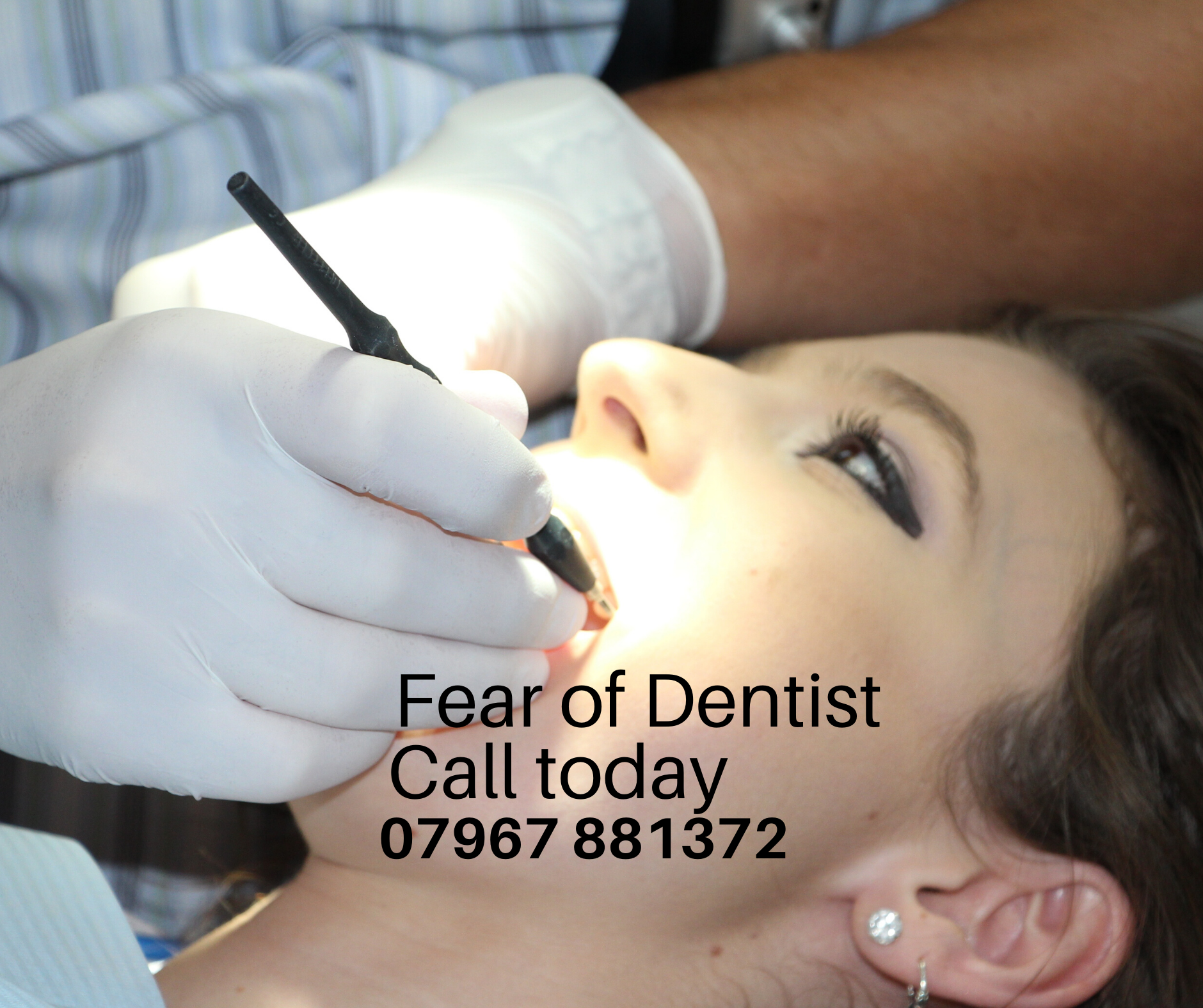
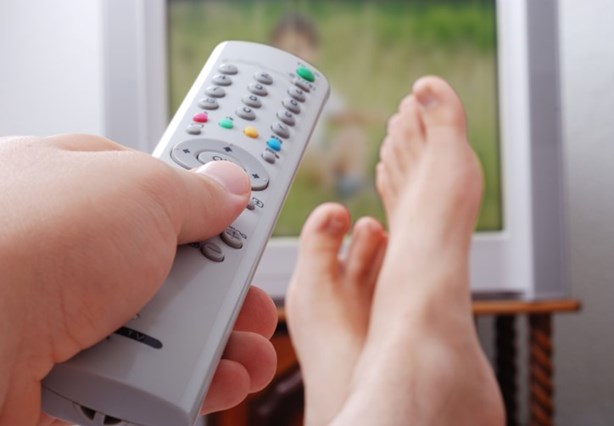
Hypnotherapy has been successfully used to overcome a variety of unwanted behaviours such as: nail biting, ticks, bed wetting, addiction, thumb sucking, skin picking, bruxism.
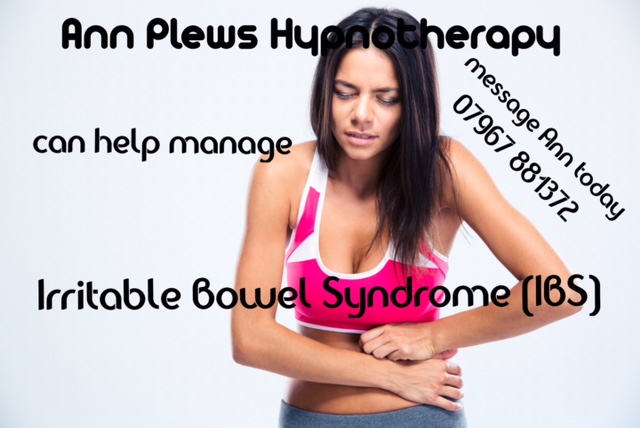
Irritable Bowel Syndrome (IBS) is a condition that can be extremely debilitating. According to Faecal calprotectin diagnostic tests for inflammatory diseases of the bowel; NICE Diagnostics Guidance (Oct 2013), IBS occurs in 10-20% of the population in the UK, but prevalence is thought to be higher than this as many people with the disorder do not seek medical advice.
The symptoms include abdominal pain, diarrhoea, nausea, bloating, lethargy. These symptoms can also be aggravated by eating. The condition can seriously affect sufferers' quality of life and finding treatment can be difficult.
Stress aggravates IBS although it doesn’t cause it. Suffering from the condition itself can cause a great deal of stress and anxiety, in some cases negatively affecting many areas of your life. It may cause some people to change their job or leave work altogether.
Hypnotherapy can help manage IBS and greatly improve your quality of life.
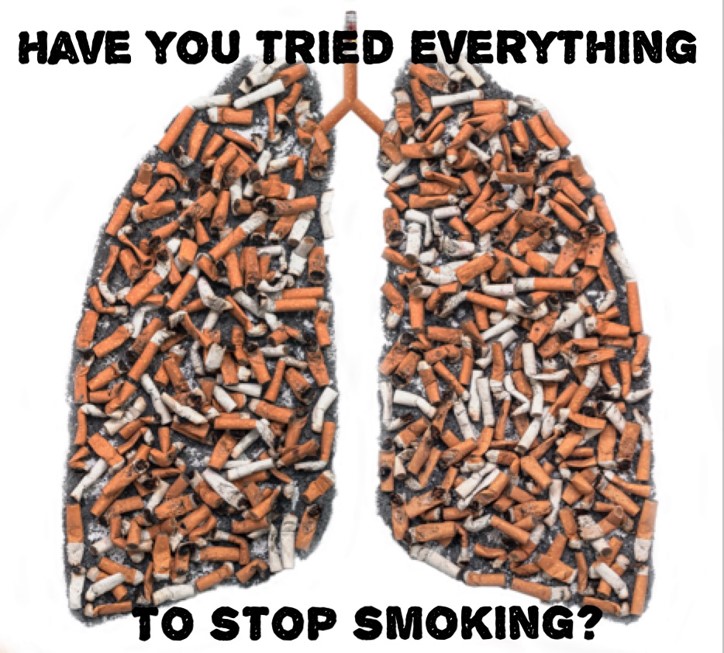
Here in the UK the use of hypnosis to stop smoking has been acknowledged by the British Medical Association as the most effective help available to those who are addicted to smoking.
usefule links@

Hypnotherapy can help with the following:
Pain free labour
Mother and baby bonding
Morning sickness
Difficulty Conceiving
Infertility
useful links:

Hypnotherapy can help manage pain. Rapid Pain Elimination Therapy (RPET) can help eliminate Chronic pain.
Pain has many elements in addition to the physical sensations themselves. Tension is an aspect that increases the perception of pain.
FreeSPA : Freedom from Substance & Process Addiction
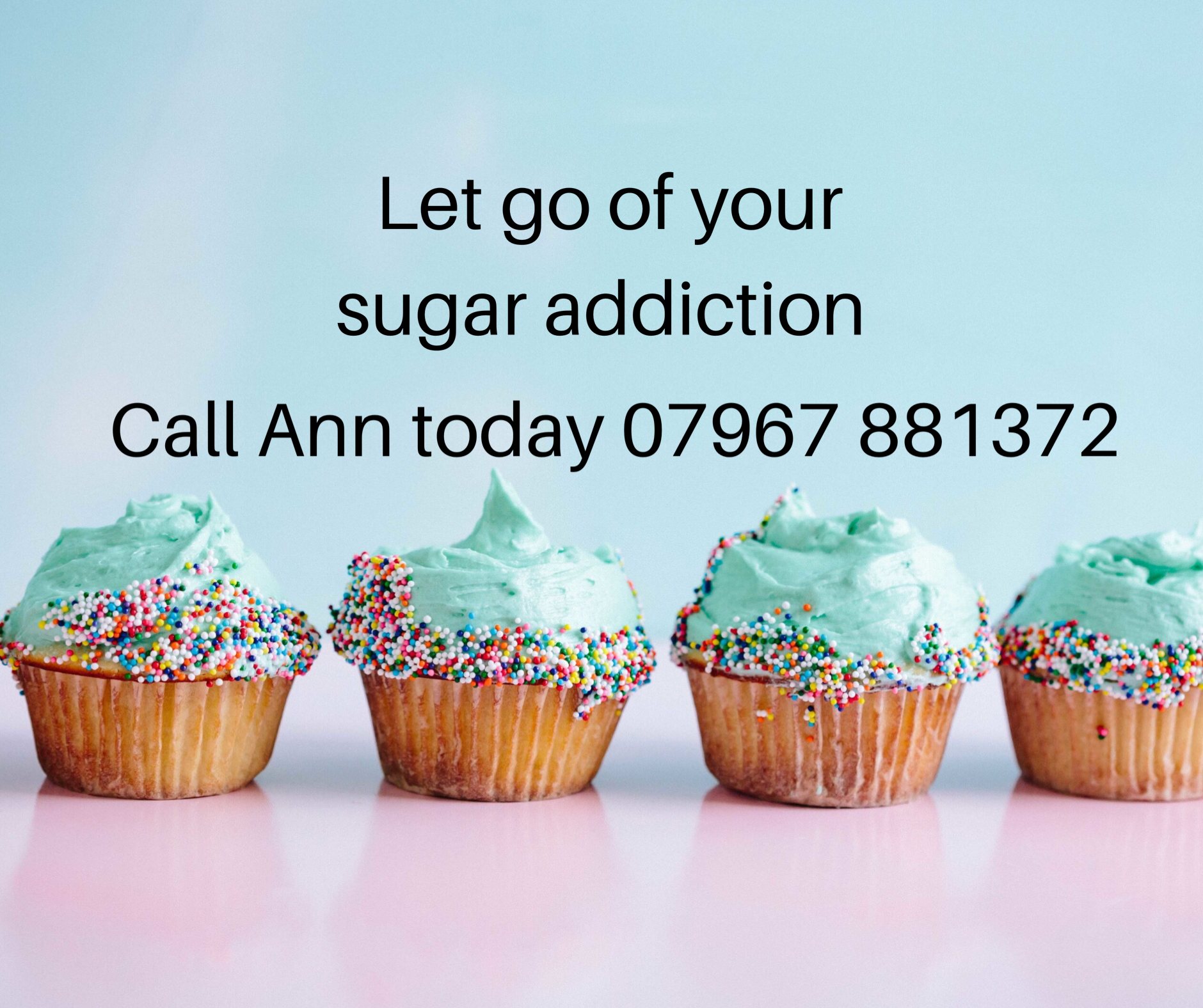 What is Addiction?
What is Addiction?
The word “addiction” is derived from a Latin term fo “enslaved by” or “bound to”.
It is defined as a psychological and physical inability to stop consuming a drug, chemical or substance or refrain from an activity even though it is causing psychological and physical damage.
If the addictionis a chemical or drug, this is referred to as Substance Addiction. It’s is an activity, for example gambling, this is referred to as a Process Addiction.
Addictionand Habits are completely different. Habit is a behaviour pattern developed by frequent repetition of the act over and over to the point the brain does it automatically. An Addiction is a compulsive need of a certain thing or substance to the body, which when deprived causes horrible effects. A habit can be controlled or modified, while addiction cannot be controlled and requires professional help for modification.
Some addictions can also be habits, such as smoking cigarettes.
Common Substance Addiction:
Nicotine, Marijuana, Opioids, Benzodiazepine, Cocaine/Crack, Amphetamine, Methamphetamine, Hallucinogens, Synthetics (K2, bath salts, ecstasy, anabolic, steroids), Alcohol, Caffeine, Sugar
Common Process Addiction:
Sweets, Sugar, Food, Gambling, Shopping, Stealing, Hoarding, Thrill Seeking, Internet, Social Media, Gaming, Negativity, Relationships
Useful links & articles:
I Tried Hypnotherapy to Stop Eating Sugar—Here’s What Happened
TBA
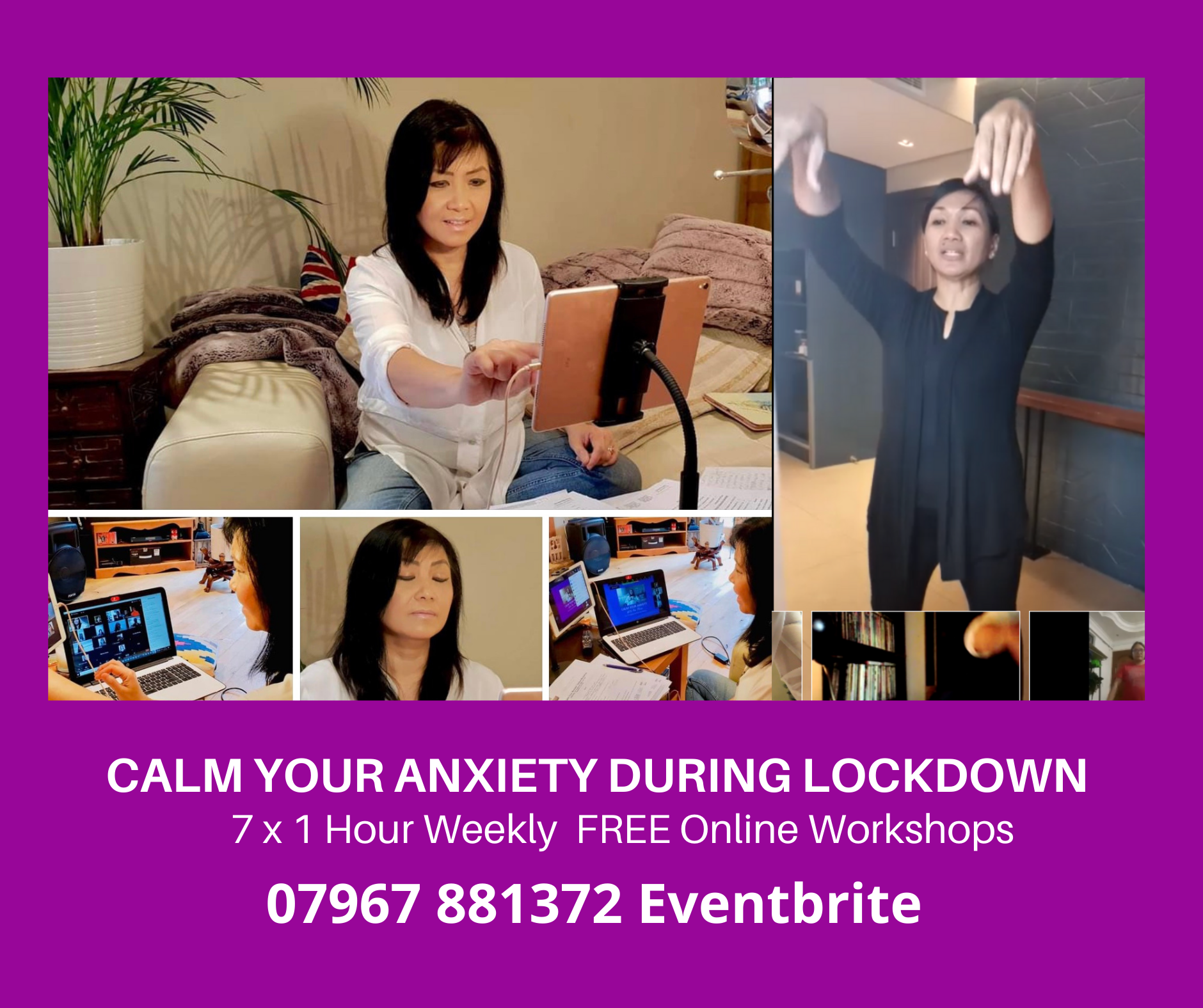 I provide public and corporate workshops. This will be bespoke to individual public or corporate demands. For more information about the different workshops I provide, please contact me on 07967 881372 or email; [email protected]
I provide public and corporate workshops. This will be bespoke to individual public or corporate demands. For more information about the different workshops I provide, please contact me on 07967 881372 or email; [email protected]
Click here to contact me for a free, no obligation consultation.
